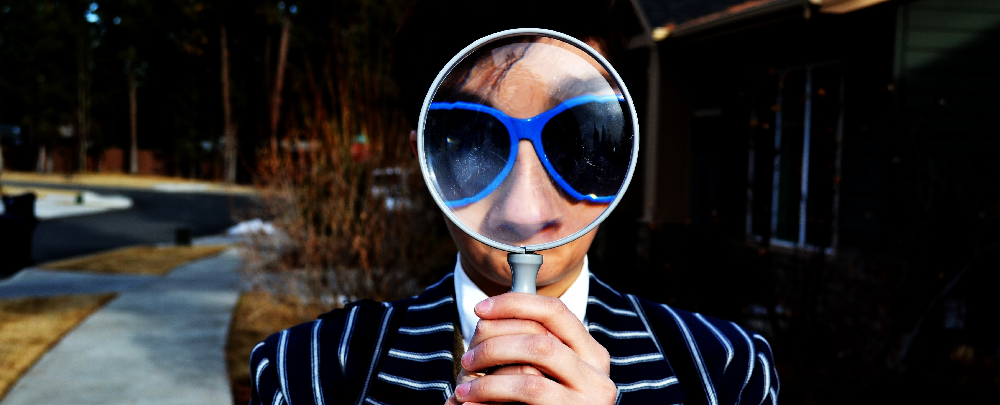Personal qualities that professors look for in a student differs a bit from person to person, but here are the core qualities that you want to shine through when looking for a position.
Enthusiasm. If research topic in their lab does not genuinely peak your interest, keep looking. There are all kinds of research done around the world. When you find a lab that works on what you find interesting, follow up by shooting them an email. Convey your enthusiasm for their research in the email. They will be happy to hear from someone who is fired up about their research-topic. Ask them if you could visit their lab and talk about what you currently understand about the field and why/how you find the research topic intriguing.
Curiosity. If you have found their research topic stimulating then you may a question or two. Feel free to ask those questions when you contact the professor. Scientific research, after all, is to ask questions and finding ways to answer them. For example, after reading the projects or Show them you are genuinely curious about the topic. They will be pleased to know you have an inquisitive mindset, a mental attitude every scientists share.
Persistence. Research is difficult. Difficult because it is the fringe of human knowledge and technology, where things are not so clear-cut, and asking the right question is as hard as getting the answer. The chances are, many experiments and failures will come before a satisfactory answer. No experienced researcher would take lightly the persistence required in science. For instance, if the professor replies back your email saying if there are currently no open position for a graduate student, let them know that you would be happy to be a part-time intern with no pay. Show them you want to do that research no matter what, if you do.
Communication. This one probably can go on any resume, however, we include communication on this list since it is a rather surprisingly important trait in scientific research some might not expect. To elaborate how communication is utilized in research: In a fundamental sense, if you cannot communicate your findings in a clear and context-dependent manner (in relation to what is already known in the literature), your research will be as good as nil to the rest of the world. In a practical sense, scientific lab is a team that consists of many members. It is true that scientist may spend a fair amount of time by oneself researching articles, planning, and running experiments, but one must also coordinate with others for a collaboration (you cannot do all the necessary experiments by yourself), receive feedback, and discuss ideas. The typical image of a scientist in a dark room with a laser may be true but that is only one aspect of scientific research and being capable of communicating with others effectively will come across as an asset.

